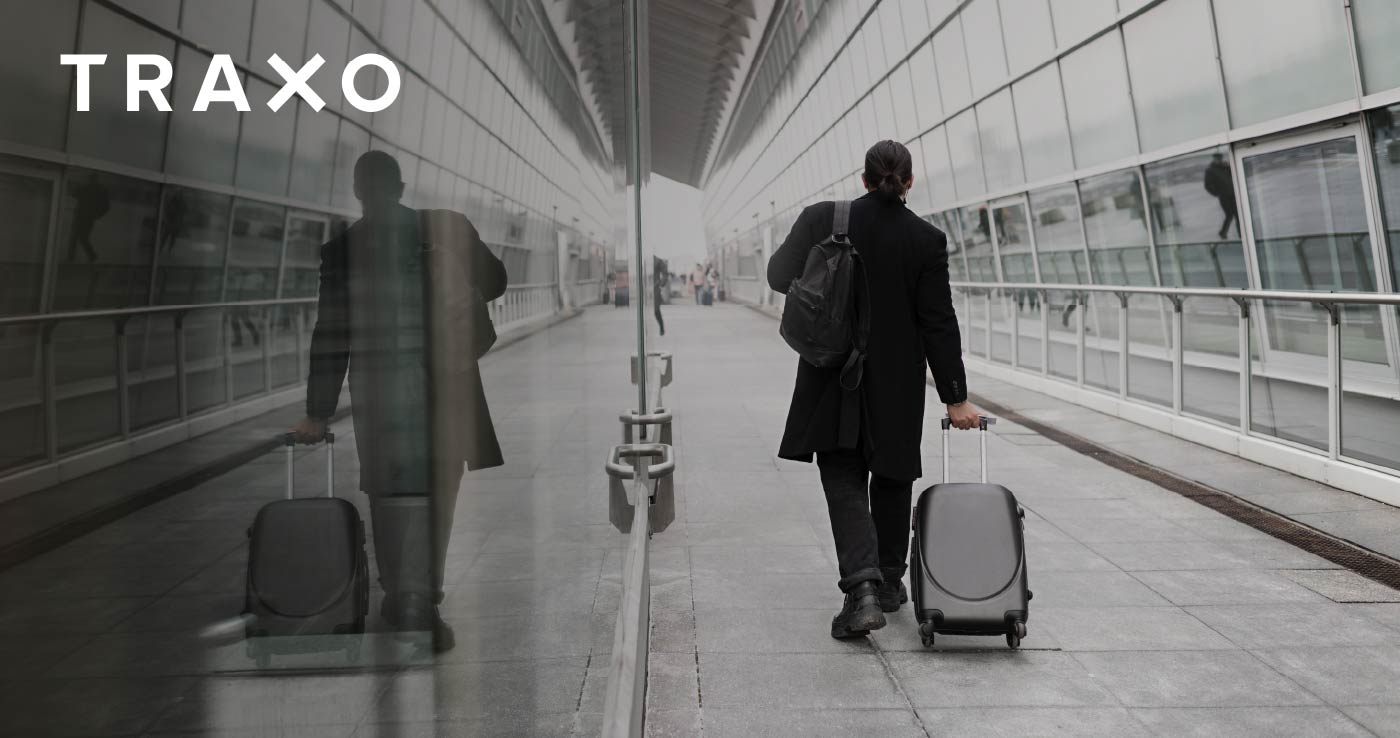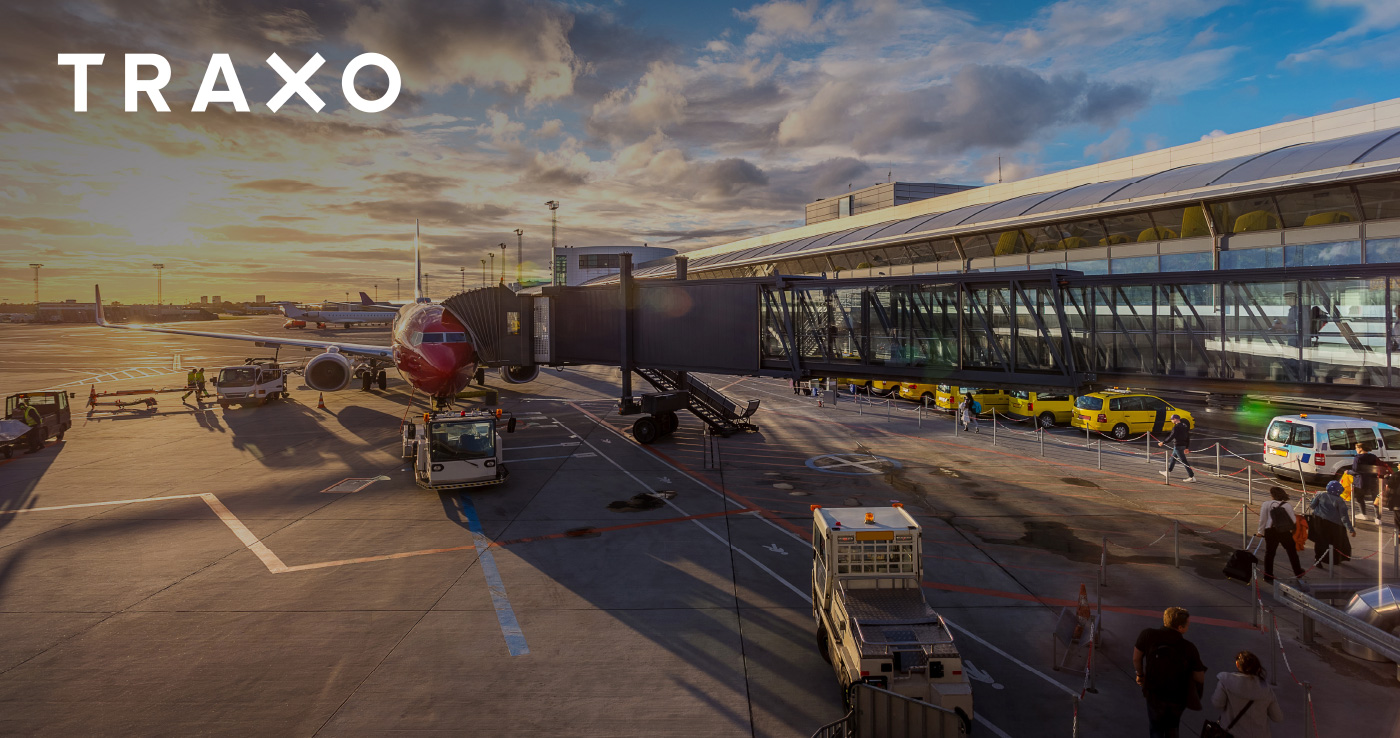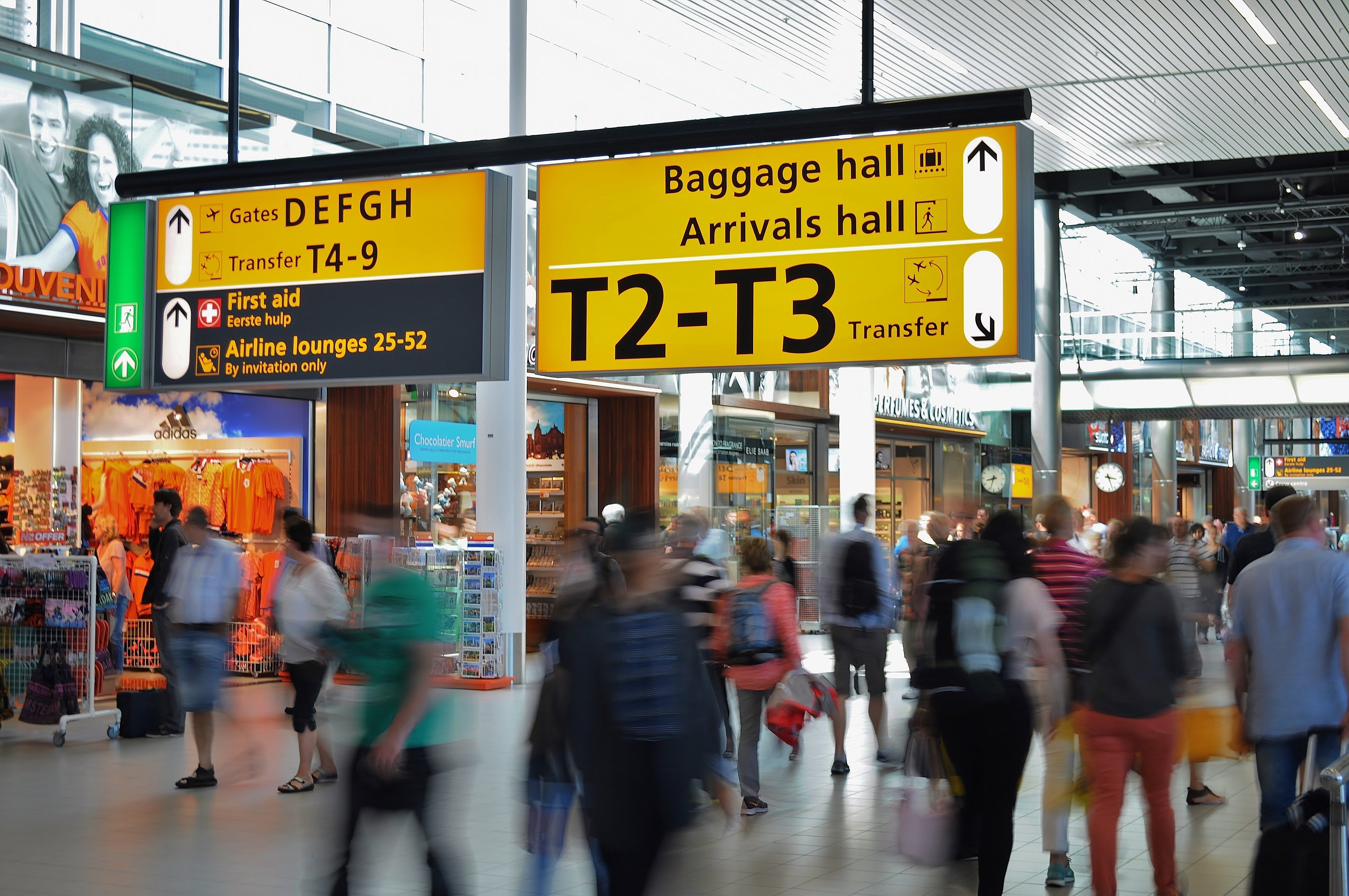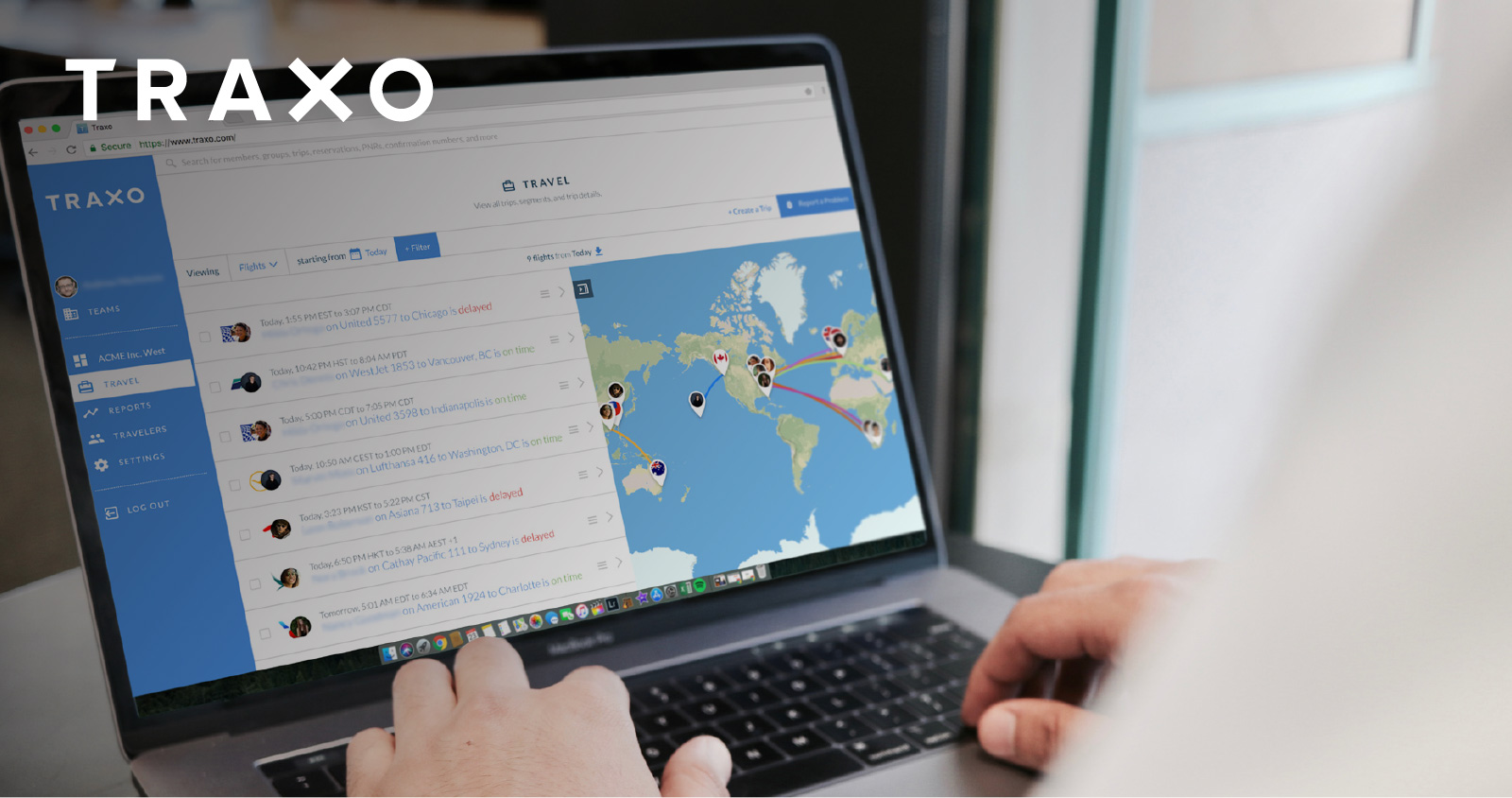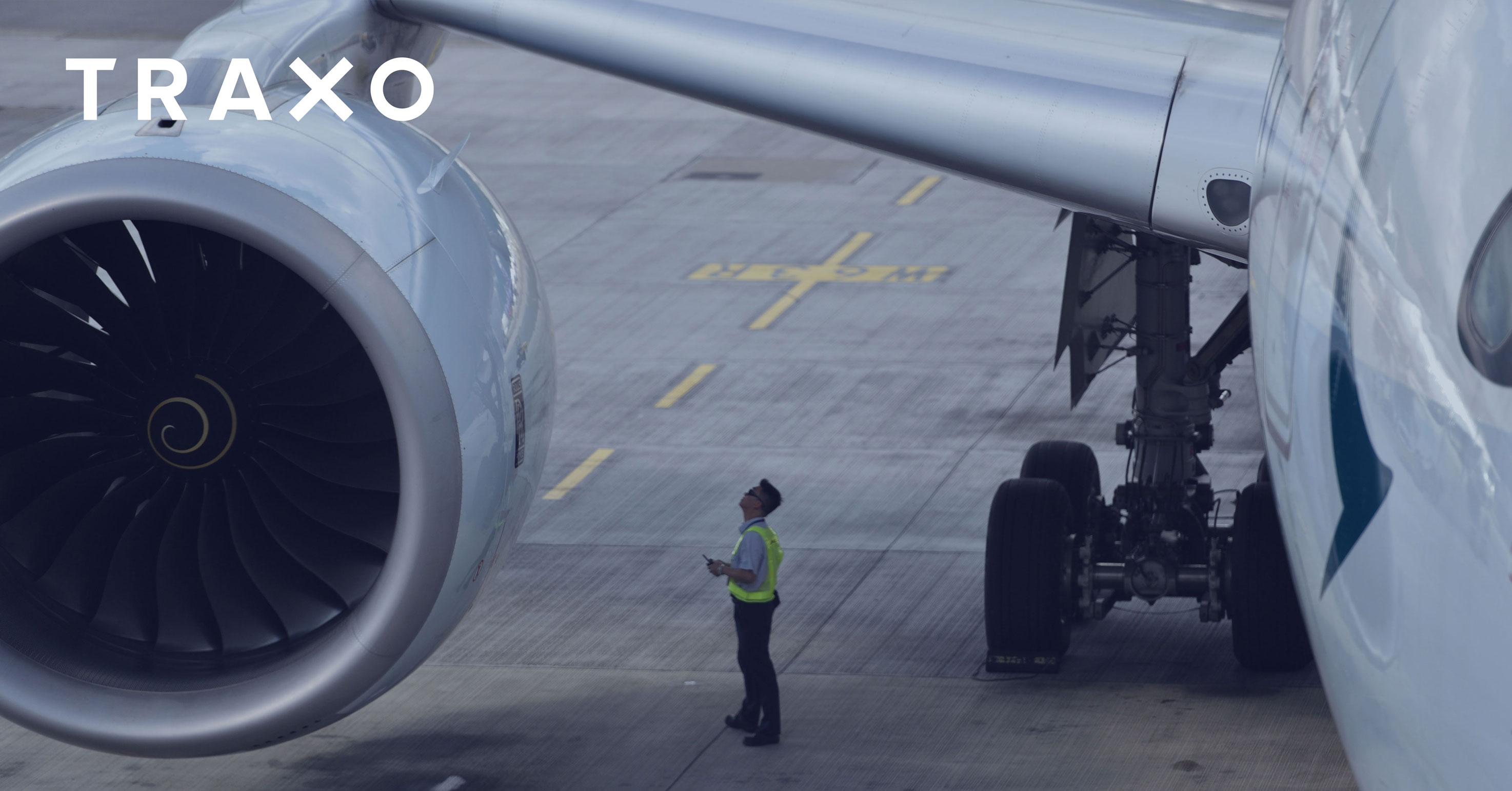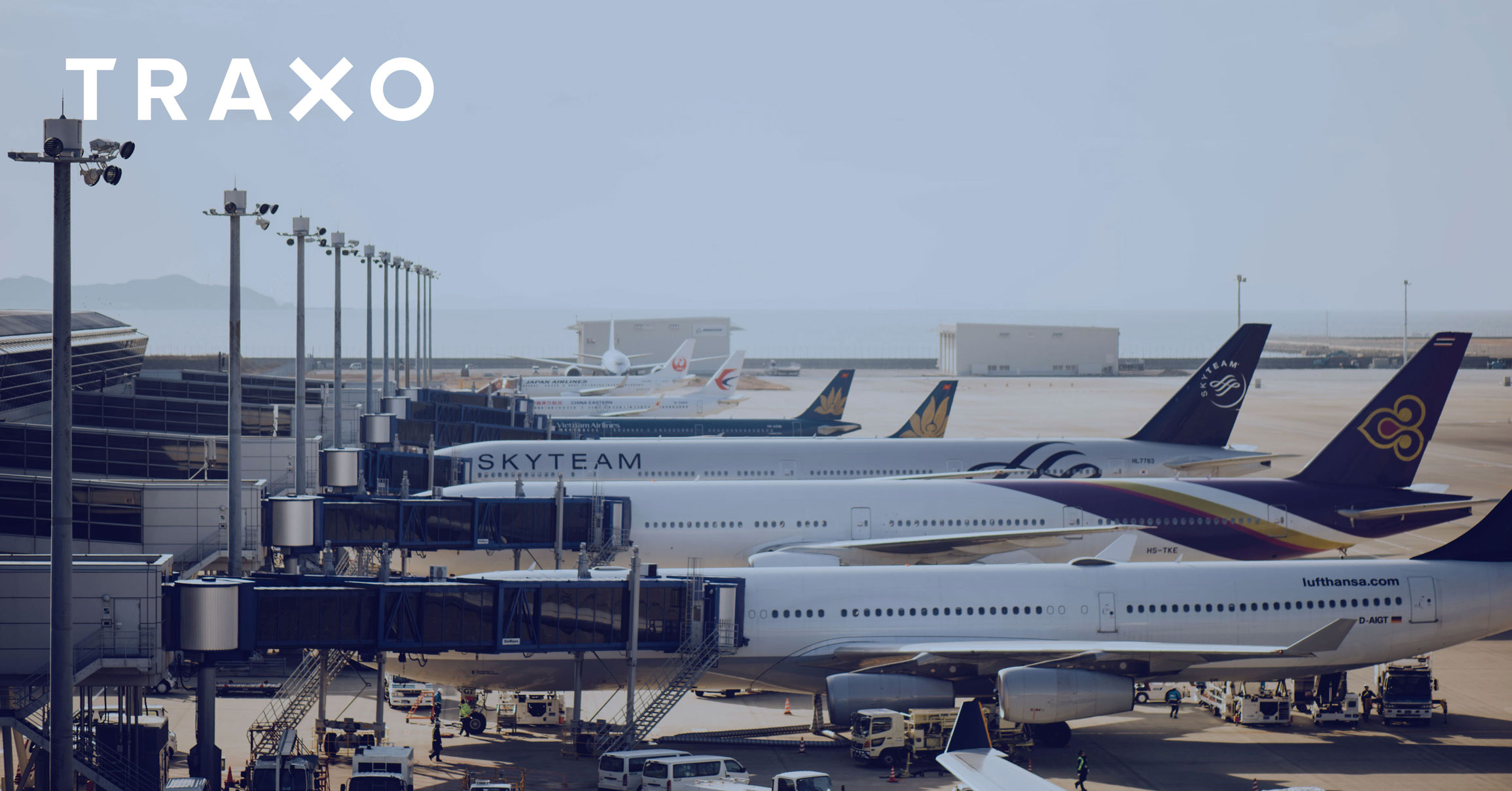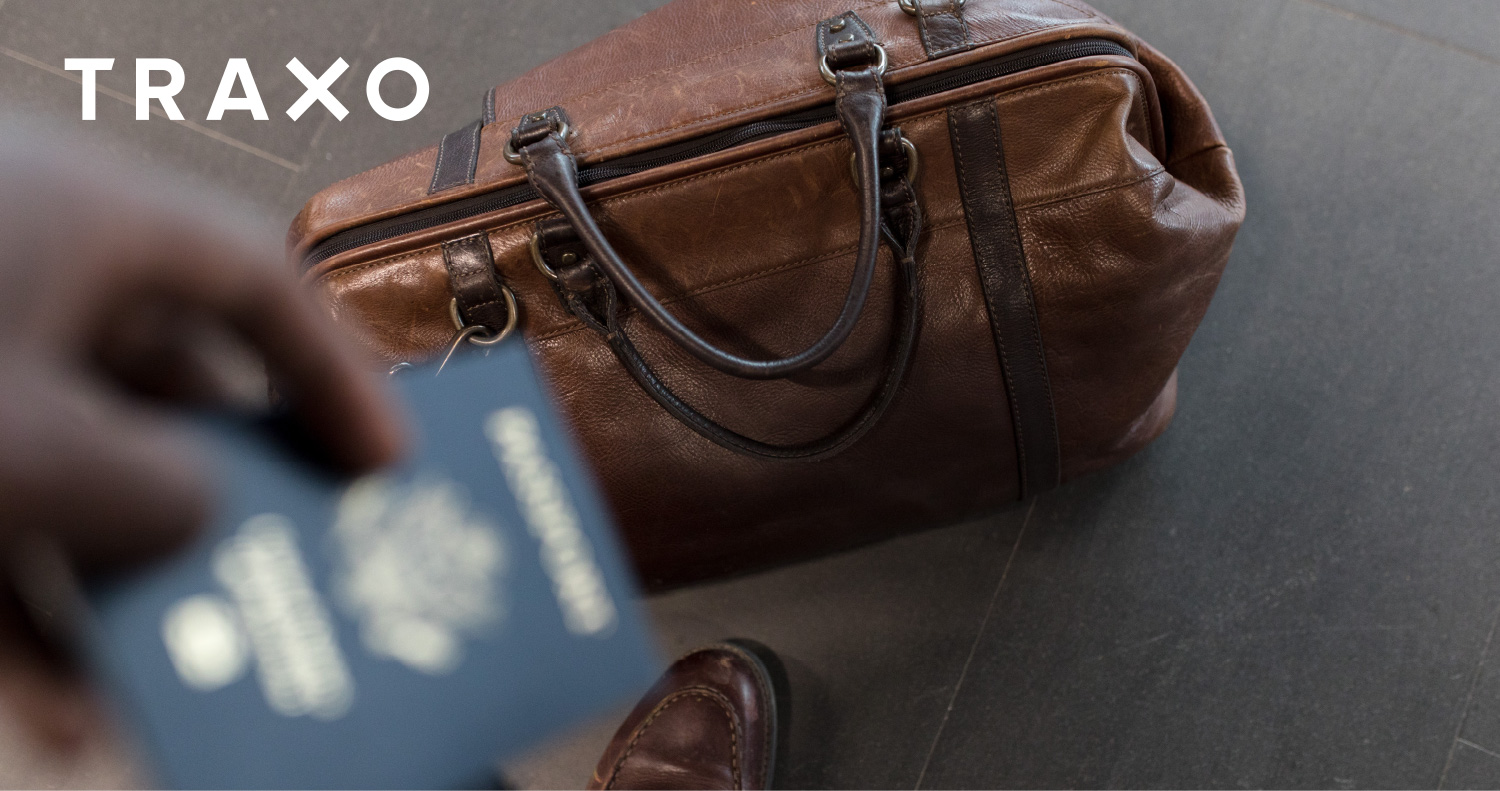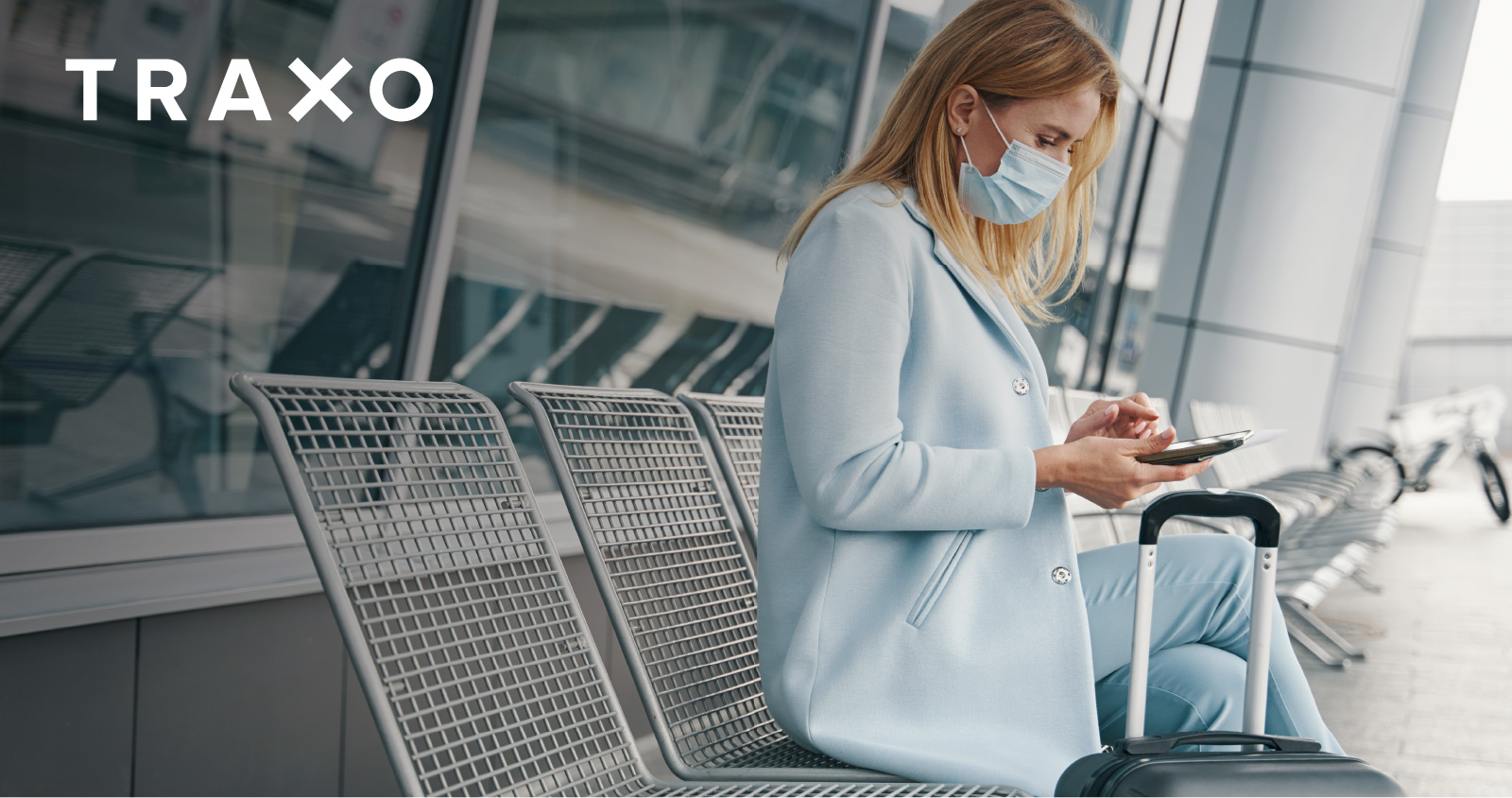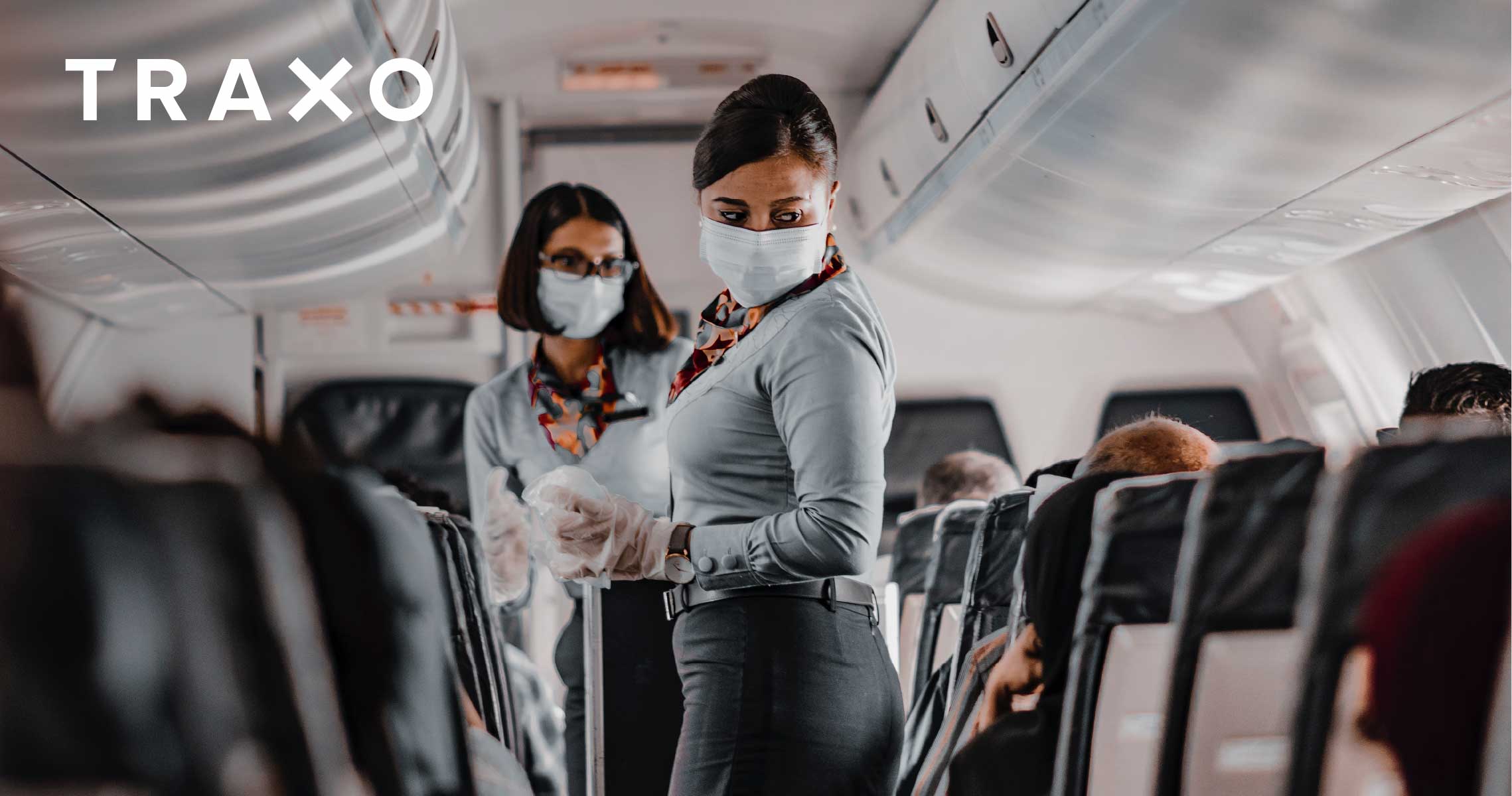In an era where work flexibility is no longer a perk but a norm, the boundaries between professional and personal life are increasingly blurring. This is especially true in the context of business travel, which has evolved to include what is now known as "bleisure" travel — a blend of business and leisure. A compelling illustration of this trend is highlighted in a recent New York Times article discussing the experiences of Melinda Buchmann and her husband during a company event in Banff, Alberta. Melinda’s narrative underscores a vital point for companies: what is your policy on providing duty of care for the entire journey of a bleisure trip?
Understanding the Bleisure Travel Phenomenon
Bleisure travel allows employees like Melinda to extend their business trips for leisure purposes, a practice that has become increasingly popular. According to Allied Market Research, the market for bleisure travel is expected to more than double by 2032, indicating a significant shift in how people work and travel. This change presents unique challenges for employers concerning their duty of care — the legal and ethical obligation to keep employees safe during business travel.
The Importance of Complete Travel Visibility for Managing 'Bleisure' Travel
Through numerous webinars and conversations with travel managers, we’ve found that the primary concern is duty of care for the employee, whether they’re on a “bleisure” trip or not. After all, an employee who experiences a crisis through travel of any kind is still a valuable part of the business organization.
With Traxo, any reservation booked under a company email address will be visible and, therefore, easy to provide a duty of care coverage over. Since business travelers already acknowledge that their corporate email is offered by their organization, privacy concerns over simple booking details are diminished. Plus, Traxo never scans email inboxes — it simply extracts booking details from travel emails only.
By ensuring that all parts of an employee’s itinerary, including those booked using business emails and corporate tools, are visible and managed, companies can create a safer travel experience for their travelers, regardless of whether a portion of the trip isn’t specifically business-oriented.
Policy Crafting and Corporate Responsibility
Developing a comprehensive policy addressing bleisure travel's nuances is complex but necessary. Companies must balance their duty of care obligations with the flexibility modern employees desire. This policy should clearly define where the company's responsibilities begin and end and should inform employees about the need for additional insurance or precautions if they extend their stay.
The experience shared in the New York Times article reflects a growing trend that companies like Traxo are watching closely. By leveraging data effectively, companies can fulfill their duty of care in more complex travel scenarios and enhance their value proposition to employees by facilitating safer, more enjoyable travel experiences, both for business and leisure.
Looking Ahead: How Bleisure Travel is Changing Corporate Travel Management
As the lines between work and leisure continue to blur, robust travel data management becomes increasingly critical. Companies must adapt to these changes by implementing strategies that ensure employee safety without compromising the flexibility that modern workers value.
As bleisure travel becomes a staple of modern corporate life, the importance of capturing comprehensive travel data cannot be overstated. It is not just about knowing where employees are but ensuring they are protected under the corporate umbrella, no matter where their travel itineraries take them.
Connect with Traxo


.png)
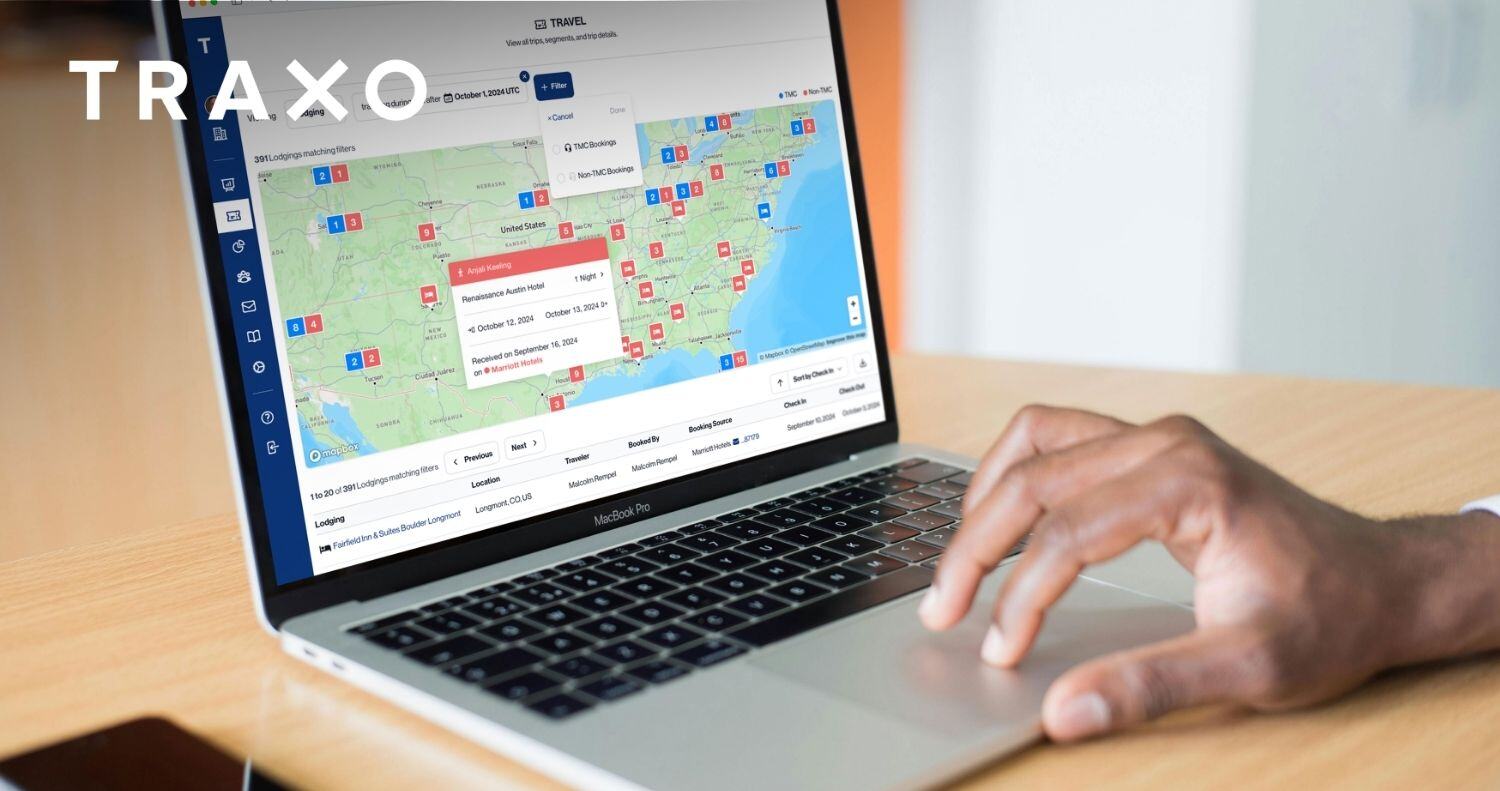



.jpg)
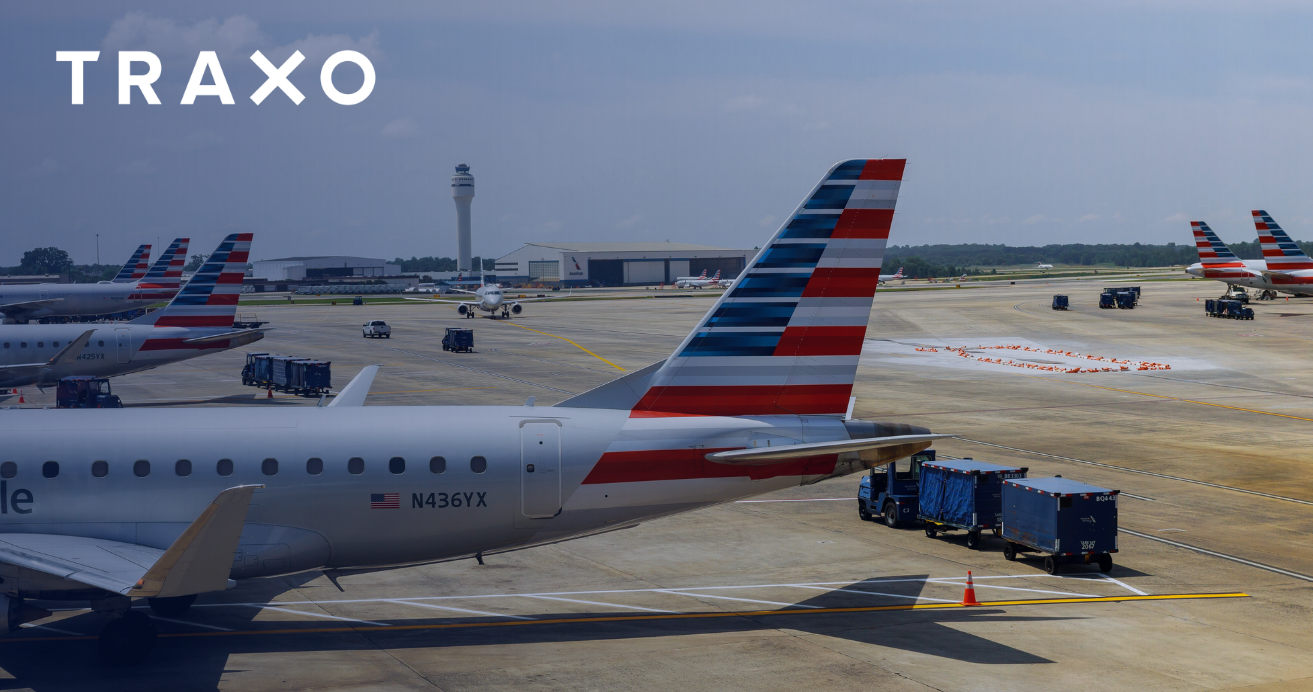
.jpg)
